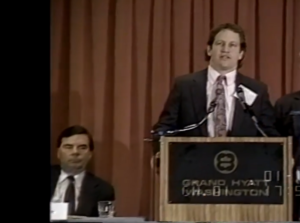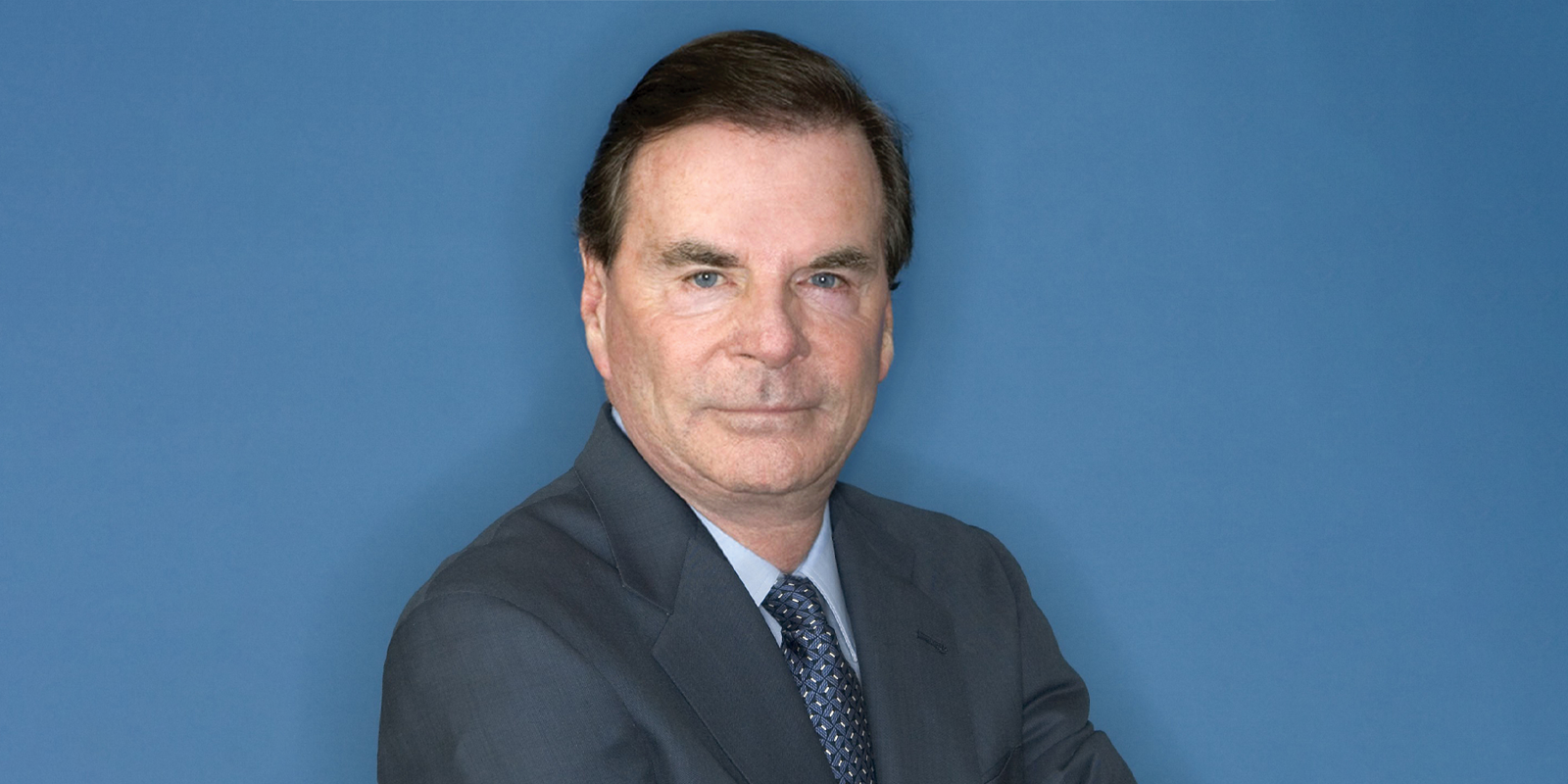Gerald W. McEntee, former President of the American Federation of State, County and Municipal Employees (AFSCME), died last week at age 87. McEntee headed the massive public employee union from 1991 to 2012. I cut my health and safety teeth at AFSCME from 1982 to 1998 when I left to work at OSHA.
Workplace safety and health was never a top issue for AFSCME. I was hired at AFSCME in 1982 as a Labor Economist, with health and safety as a side specialty. It quickly became clear that AFSCME members had massive health and safety problems at work, and that, with a few exceptions, they weren’t being addressed. But as I was told by my boss when I told her I wanted to work on health and safety full time, “That’s fine, but it’s now way to get ahead in this union.”
No truer words….
It was always a struggle to build and expand AFSCME’s health and safety program, but Jerry was generally supportive. By 1998, under his leadership, AFSCME had one of the largest and most active health and safety programs in the labor movement and led the way in workplace safety issues dealing with health care workers, social services, workplace violence, infectious diseases, OSHA state plan competence, the general safety of public employees and a number of other issues.
Everyone has stories from Jerry’s more than 30 years at the helm of AFSCME. I have a few, but my favorite one was from a 1989 OSHA-NIOSH conference on Aids in the Workplace. Jerry had always willing to take the lead on health and safety issues, but he also recognized his limitations. I talked him into doing the keynote for the conference and wrote his speech. Right before the speech, I warned him not to take questions, because they would likely be fairly technical and he wouldn’t know the answers.

Heeding my sage advice, he finished the speech and immediately agreed to take questions. Predictably, the first was a detailed question was about what AFSCME wanted to see in a the future OSHA bloodborne pathogens standard and how it would affect confidentiality issues.
Standing at the back, I could see what was about to happen and quickly fought my way through the crowded conference room to the stage, just when Jerry, having considered the question for half a second, called “Jordan?” in his characteristically booming voice.
“I give the speeches,” he explained to the audience. “Jordan knows the answers.”
Gerald W. McEntee made his name with AFSCME when he won one of the greatest organizing victories in American labor history by bringing 76,000 Pennsylvania state employees into the union, getting them major new benefits and then leading 46,000 Pennsylvania state employees in what was then one of the largest public employee strikes in American history when the state later tried to roll back those accomplishments.
After becoming President of AFSCME upon the death of Jerry Wurf in 1991, the organizing continues as various states were convinced to provide collective bargaining rights for public employees. But as Noam Scheiber describes in a New York Times obituary, “he was perhaps best known for increasing the influence of the labor movement in electoral politics during an age of largely Republican rule, as Washington became increasingly hostile to unions.”
He convinced the AFL-CIO to significantly increase the amount of funding for political campaigns. According to former AFL-CIO political director Steve Rosenthal, “’That was a far bigger program than the A.F.L. had ever run, and we had a significant amount of success’ Mr. Rosenthal said, pointing to victories by Mr. Clinton and down-ballot candidates in 1996 and pickups for Democrats during the midterm elections of 1998, unusual for a party that controls the White House. ‘He drove that train.’”
But for me, and many of us were part of the ASFCME family during the McEntee years, my main memory is listening to him speak at meetings, conventions, demonstrations and picket lines. You were proud to be part of a union that was fighting for all the good things. And by the end of his thunderous speeches, the only thing you felt like doing is grabbing a sign and heading for the streets.

That was a fine tribute to George McEntee, Jordan. I never met him, but was somewhat informed about the breadth and depth of the AFSCME union movement. Being in the federal government for the past 15 years, I pine for my days at TWU Local 100 when we fought for better flagging protection for track workers, an assault bill for bus drivers, train operators, and station agents, and a safety resolution process that stopped the on the spot suspensions of workers raising a safety concern. Reading your tribute about George’s exploits during a time when the political climate was anti-union, is inspiring. I’m hoping that President Biden’s pro-union stance continues to be the bulwark of the rapid pace of current organizing for union membership. Thank you for what you do Jordan. I was proud to work for OSHA during the Obama administration when you were a deputy secretary. Glad to know that you are indefatigably continuing your advocacy in “retirement”. God’s speed to you.
Rob Ortiz – Safety and Occupational Health Specialist, NIST and former TWU Local 100 Safety Representative.